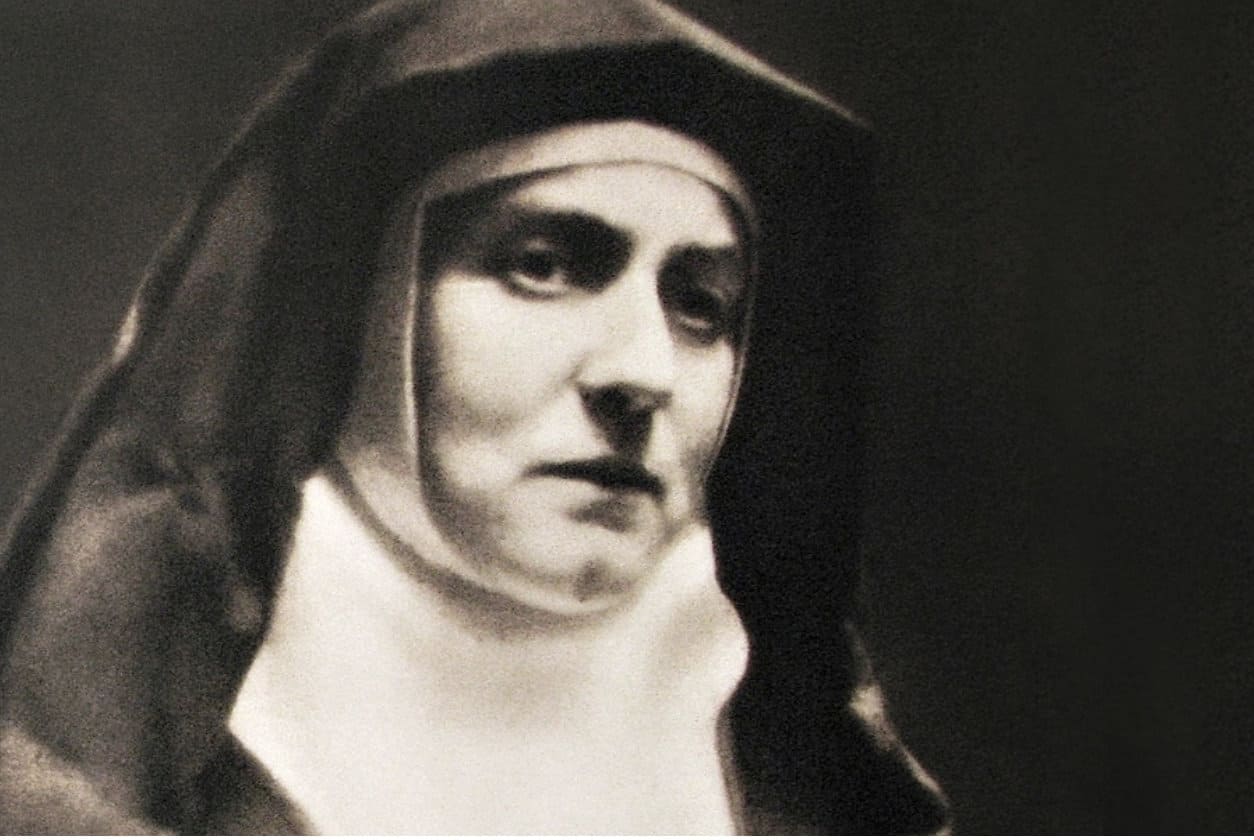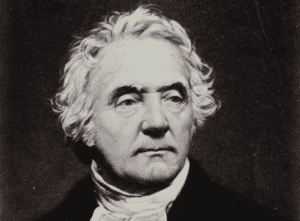 (1891-1942)
(1891-1942)
Edith Stein was born on Yom Kippur, the Day of Atonement, in 1891 in Breslau, Germany. The date is auspicious: Her writings illustrate her constant concern for atonement, community, and reconciliation, and her life is an example of faithful stewardship of her talents on behalf of the oppressed and in the face of enormous resistance.
Stein’s life was anything but ordinary. One of the first in her family to attend university, she earned a doctorate, summa cum laude, in philosophy under Edmund Husserl, one of the greatest philosophical minds of the 20th century. Born Jewish, she declared herself an atheist, then later converted to Christianity after her studies in philosophy. At age 42, she became a Carmelite nun.
Denied a position as a university professor because of both her gender and her Jewish ancestry, Stein labored on behalf of humanity through her writings. She polemicized against Nazi propaganda; argued for richer, biblical conceptions of gender, race, and personhood; and petitioned the Roman Catholic Church to protect the Jews. Her legacy is as interesting as her life. Much of her work was unpublished during her lifetime due to anti-Semitic prejudice, but her writings are richly suggestive for addressing modern concerns. In 1999, she was beatified and named Co-Patroness of Europe.
World War I broke out shortly after she began her university studies, and Stein volunteered as a Red Cross nurse in an infectious diseases hospital. She soon became ill and returned to her studies. While working with Husserl, she became interested in the philosophical problem of empathy: Simply put, how do we know other people as other people and not merely as objects? Her work served as a corrective to the solipsistic tendency in much modern philosophy and established her path as a philosopher and theologian concerned with community and reconciliation.
After completing her degree, Stein sought a professorship but was rebuffed by law and tradition. Converting to Christianity in the early 1920s, Stein joined the Catholic Women’s Movement in Germany and helped win the right for women to teach in universities. Still unable to find a university position (now due to anti-Semitism), she turned her sights to Christian philosophy and wrote a number of original works on women, race, and personhood. She joined the Carmelites in 1933, the year Hitler came to power. Her works became increasingly theological but were always marked by a practical advocacy on behalf of the oppressed.
Stein argued that human racial diversity shows the adaptive nature of God’s creation and is the mark of human commitments to each other, a testimony to our ability to change and to live in community.
The Nazi slogan “race is destiny” meant that those who had the “right” bloodlines were destined to power, while others could be trampled on. On the contrary, Stein argued, race is not destiny but heritage. Human racial diversity shows the adaptive nature of God’s creation and is the mark of human commitments to each other and to a common life on common land. It is not fixed destiny at all, but a testimony to our ability to change and to live in community. Furthermore, she argued, people are not mere biological bodies. Rather, each person bears the mark of the Trinity: We are all complex unities of body, soul, and spirit, and we are at our most human when we are bound by mutual commitment.
Modern philosophical misunderstandings of humanity extended to gender as well. Stein argued against both narrow feminist quests for total equality and narrow traditionalist views of women. Education, she said, does injustice to women if it fails to educate the whole person and attend to the ways in which men and women differ.
Keenly aware of rising anti-Semitism in Germany, she could have kept silent in her convent and so escaped notice. Instead, she petitioned for an audience with the Pope and entreated the Catholic hierarchy to oppose the persecution of the Jews. Her outspokenness against state policies earned her the Nazis’ animosity, and, fearing that her presence endangered her Carmelite sisters, Stein asked to be transferred to a convent in Echt, Netherlands.
In 1940 she escaped to Holland and took up residence there, but Holland was soon under Nazi rule. The Nazis had promised to leave Jewish converts alone in exchange for official church silence. In response, the clergy of 10 denominations publicly denounced Nazi deportations of Dutch Jews. Stein and other Jews were promptly arrested and deported. Stein was murdered in Auschwitz shortly after her arrival there on August 9, 1942.
A modern-day Esther, Stein was an outsider who used her influence on behalf of others who were even less empowered. She used her philosophical training to remind other philosophers of the importance of community. She used her academic credentials to fight for women in academia. As a Jewish convert to Christianity she did not reject her people, but attempted, as she put it, to bear the cross for them. Her advocacy for disenfranchised people works out the heart of her Christian thought, and her example is worth our long reflection.
David L. O’Hara is assistant professor of philosophy and classics at Augustana College in Sioux Falls, SD, and the coauthor (with Matthew Dickerson) of a number books on everything from trout fishing to Harry Potter to C. S. Lewis.


